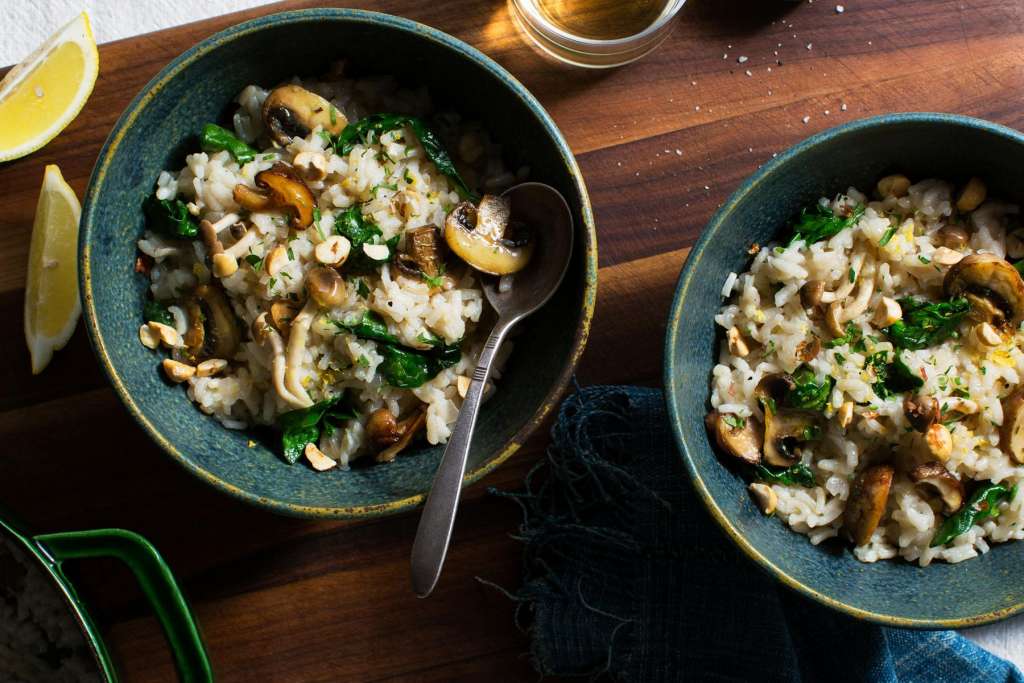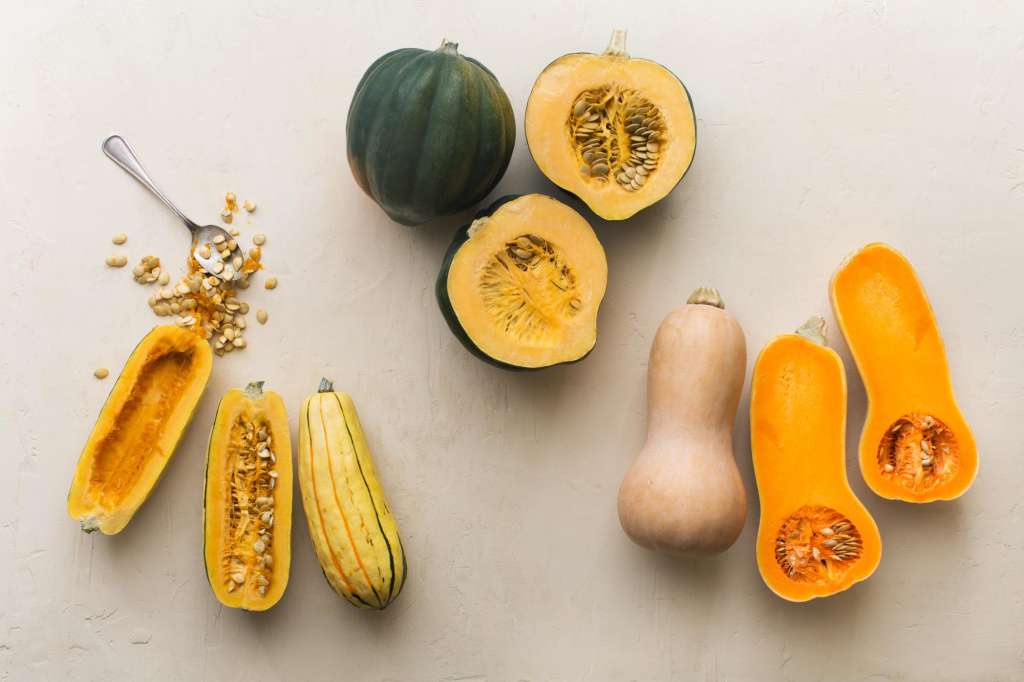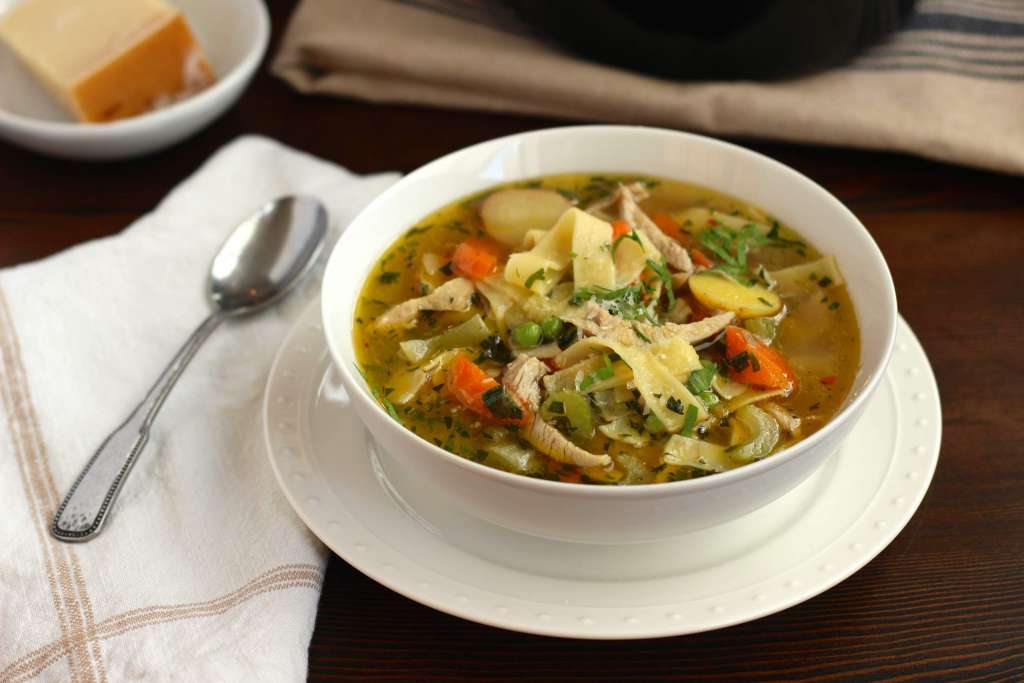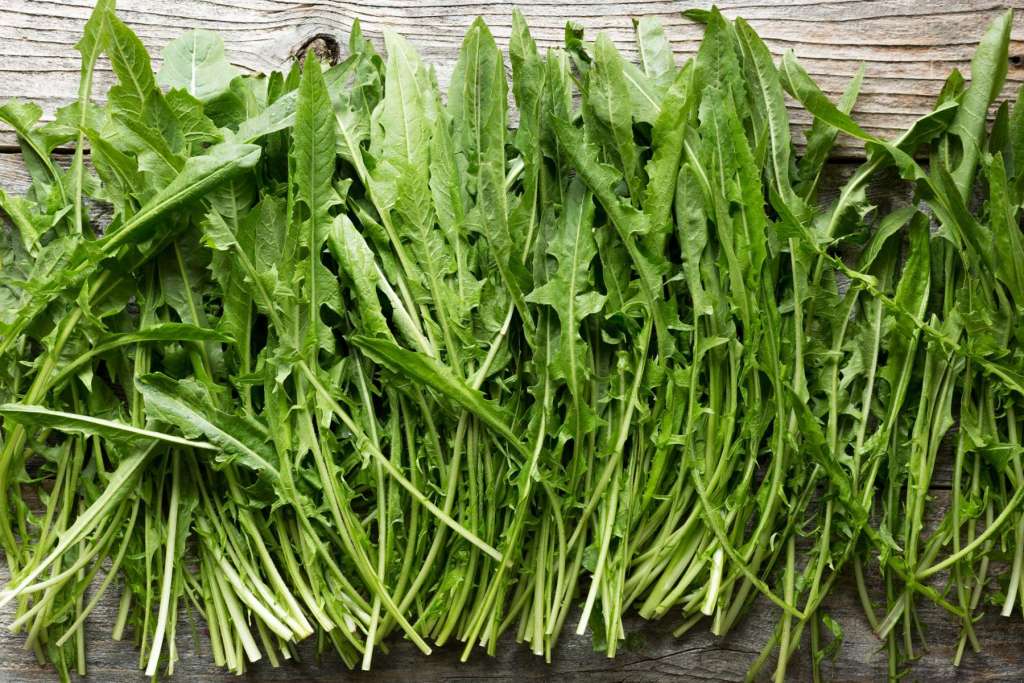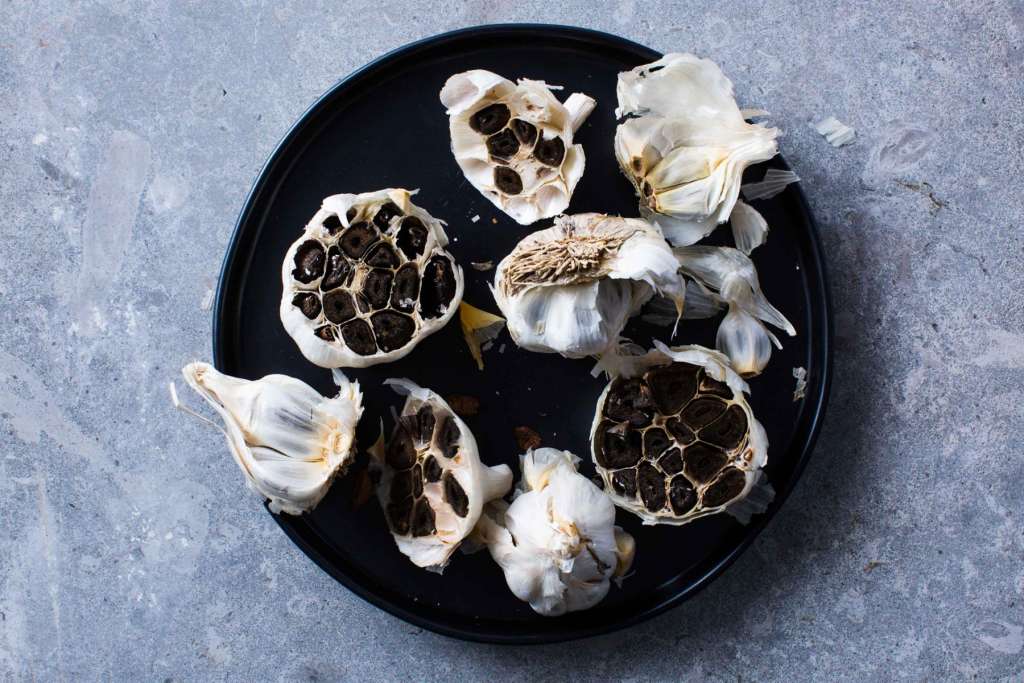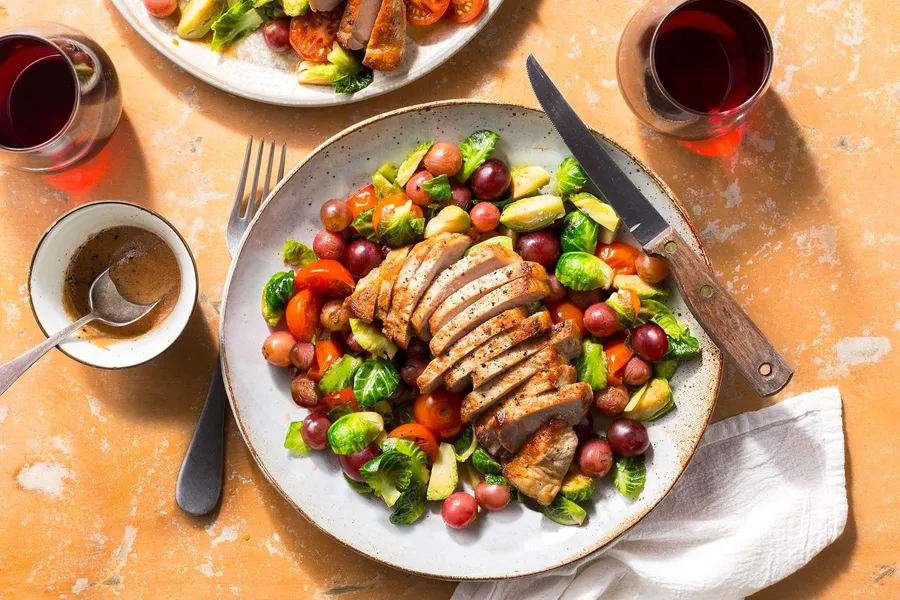11 Essential Ingredients of the World’s Healthiest Diet
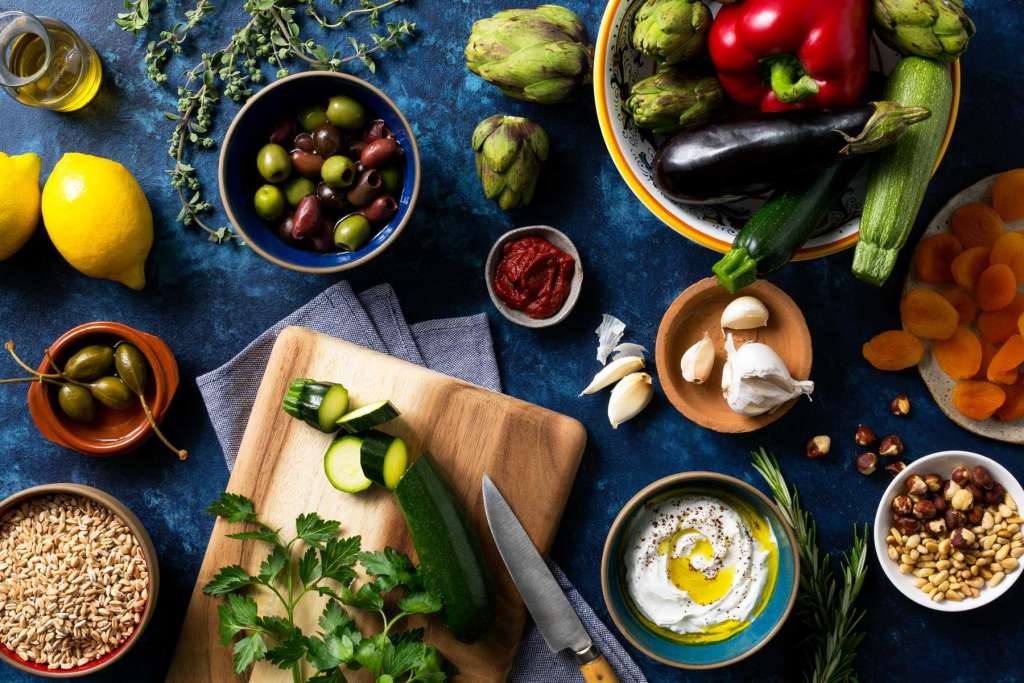
Touted as one of the healthiest in the world, the Mediterranean diet is rich in heart-healthy fats, like olive oil and seafood, and in plant-based, nutrient dense fresh ingredients. You can enjoy the diet’s many benefits—longer life, reduced risk of heart disease, and improved memory—by opting for Sun Basket’s Mediterranean meal plan and stocking your pantry with these staple ingredients to incorporate into your meals.
Beans and Other Legumes
Chickpeas, lentils, and white beans are one our test kitchen team’s favorite way to add lots of protein and fiber to meals. The Mediterranean diet limits red meat to just a few servings a month and instead relies on many plant-based ingredients, like beans for protein.
Fresh Herbs and Spices
The simplicity of many Mediterranean dishes makes them an ideal canvas for flavorful herbs like parsley, mint, and oregano, many of which grow wild throughout the region. Spices, like citrusy sumac, and blends, like za’atar and ras el hanout, deliver bold taste.
Fresh Vegetables
Artichokes, eggplants, peppers, zucchini, and lemons—the list goes on. A plant-based approach to eating is part of what makes this lifestyle one of the healthiest. Tomatoes, in particular, are ubiquitously consumed, and when eaten with healthy fats, like olive oil, the body’s ability to absorb the antioxidants in tomatoes increases up to 15 times.
Natural Sweeteners
The Mediterranean diet may be the healthiest, but that doesn’t mean it’s not any fun. While processed white sugar doesn’t get much play, natural sweeteners like honey and dried fruits like dates, apricots, and figs are often used to satisfy a sweet tooth.
Nuts
Almonds, pistachios, pine nuts, walnuts, and hazelnuts are the most commonly used nuts in Mediterranean cooking. Blended into sauces, tossed with vegetables, and sprinkled over pasta, nuts add crunch and a blast of protein, fiber, and healthy fats.
Olive Oil
In the Mediterranean diet, olive oil is a key ingredient providing one of the main sources of healthy fats. The oil’s disease-fighting superpowers can help reduce the risk of heart disease, protect against certain types of cancer, and even reduce the effects of aging.
Seafood
Fatty fish like salmon, tuna, anchovies, and sardines are the building blocks of the Mediterranean diet. Regularly eating fish, rather than red meat, provides the body with monounsaturated fats, or Omega-3s. These can have anti-inflammatory benefits, which may help stave off heart disease and many other conditions.
Sauces
Yogurt, tahini, and chile pastes like harissa are just a handful of the many sauce-like ingredients used as a base for marinades and dressings and for dips like hummus and tzatziki served on mezze platters.
Vinegars
From red wine and balsamic to sherry and champagne, the acidity of vinegar helps balance the richness of olive oil.
Whole grains
Nutrient-dense whole grains like bulgur, farro, and barley are an important part of the Mediterranean diet. Packed with fiber, B vitamins, and iron, whole grains leave you feeling full longer than refined grains do.
Wine
A little wine with dinner is the way of the Mediterranean diet, with typically no more than 5 ounces for women, and 10 ounces daily for men. Research shows that regular and moderate wine consumption, coupled with the health benefits of the Mediterranean diet, is a prescription for a long life.
